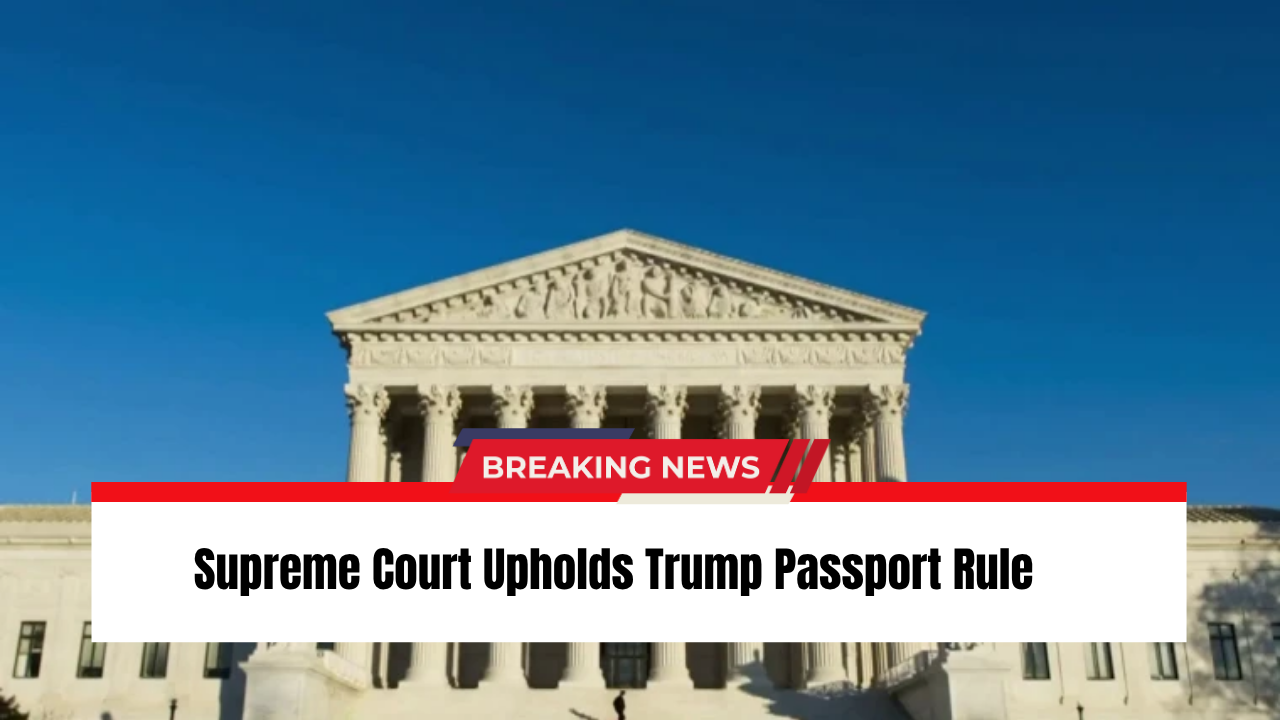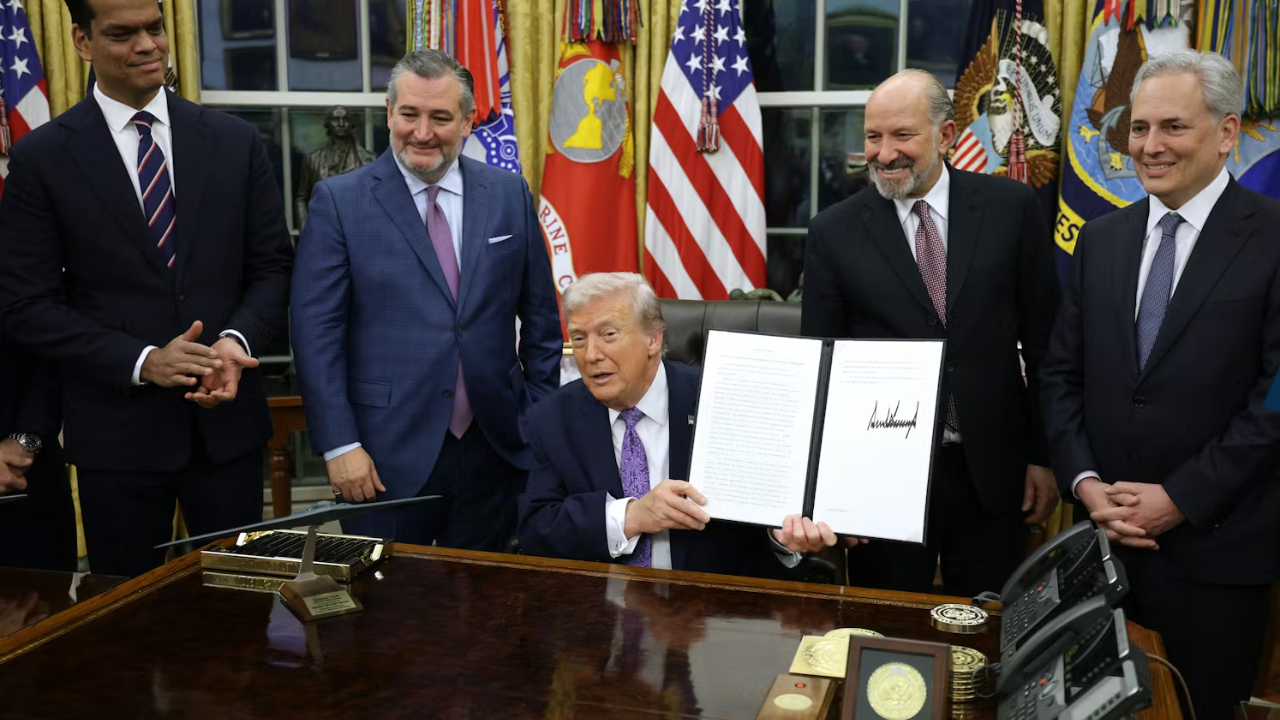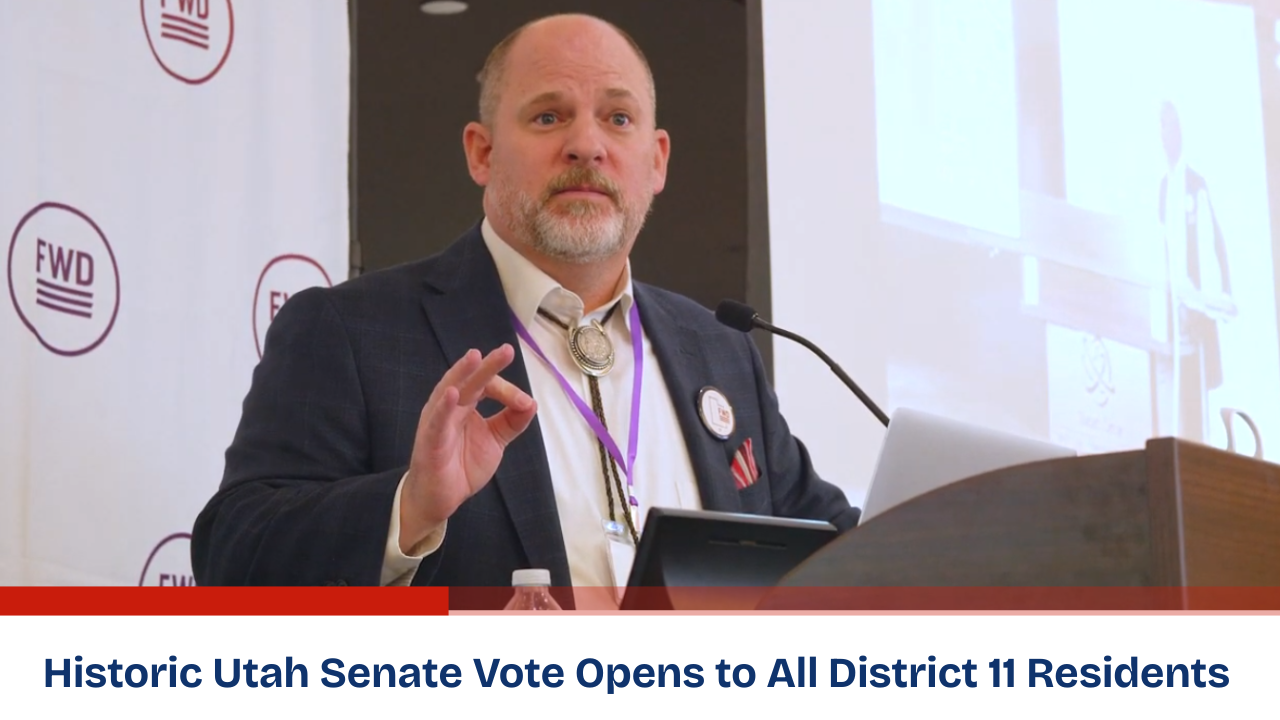Washington, D.C. — The U.S. Supreme Court has allowed the Trump administration to enforce a controversial policy requiring that all U.S. passports list a person’s sex assigned at birth, reversing decades of prior State Department practice and sparking a wave of criticism from civil rights advocates.
In a brief unsigned order issued Thursday, the court lifted a lower court injunction that had blocked the policy nationwide. The decision allows the government to proceed while a class-action lawsuit challenging the rule continues in federal court.
“Displaying passport holders’ sex at birth no more offends equal protection principles than displaying their country of birth,” the justices wrote, calling the designation “a historical fact.”
The order was approved without full briefing or oral arguments — a process often used for emergency requests.
Divided Court, Dissent from Liberals
The court’s three liberal justices — Ketanji Brown Jackson, Sonia Sotomayor, and Elena Kagan — strongly dissented, arguing that the policy inflicts “real and ongoing harm” on transgender Americans.
“In preventing transgender Americans from obtaining gender-congruent passports, the government is doing more than just stating its belief that transgender identity is false,” Justice Jackson wrote. “It invites humiliating and invasive scrutiny for those simply trying to travel safely.”
The ruling represents another major victory for President Donald Trump, whose administration has aggressively rolled back federal recognition and protections for transgender individuals since returning to office in January.
Reversing Longstanding Policy
Since 1992, the U.S. State Department had allowed passport applicants to change their gender marker with a doctor’s note or medical documentation. Under President Joe Biden, that policy expanded in 2021 to allow self-identification and added a third “X” option for nonbinary, intersex, and gender-nonconforming individuals.
The Trump administration formally reversed those rules earlier this year, mandating that passports reflect only “biological sex” as stated on an original birth certificate. Officials defended the change as ensuring “accuracy” in government-issued identification.
Legal Battle Continues
U.S. District Judge Julia Kobick in Boston previously ruled that the policy likely violated the Fifth Amendment’s equal protection clause, calling it “rooted in irrational prejudice.” Her injunction temporarily halted enforcement nationwide, but the Supreme Court’s order overrides that hold for now.
The administration argued in its appeal that “private citizens cannot compel the government to use inaccurate sex designations on official identification documents.”
The 1st U.S. Circuit Court of Appeals declined to suspend Kobick’s injunction in September, prompting the administration to take its request directly to the Supreme Court.
Part of a Broader Crackdown
Thursday’s decision is the latest in a series of court wins for the Trump administration’s renewed campaign against transgender rights. In recent months, the high court has also:
- Upheld a ban on transgender people serving in the U.S. military.
- Allowed the administration to cut funding for LGBT-related research through the National Institutes of Health.
- Supported a federal directive defining gender strictly as male or female.
Pentagon chief Pete Hegseth has publicly referred to transgender personnel as “dudes in dresses,” underscoring the administration’s hardline stance.
Real-World Impact
Plaintiffs in the passport case — a class of transgender Americans represented by civil rights lawyers — say the ruling puts their safety at risk. Mismatched identification documents, they argue, expose travelers to harassment, detainment, and even accusations of fraud.
“All we want are passports that reflect who we are,” the plaintiffs wrote in a court filing. “That is something millions of Americans take for granted.”
While the underlying lawsuit continues, Thursday’s order means thousands of pending passport applications could now be denied or delayed under the new rule.



